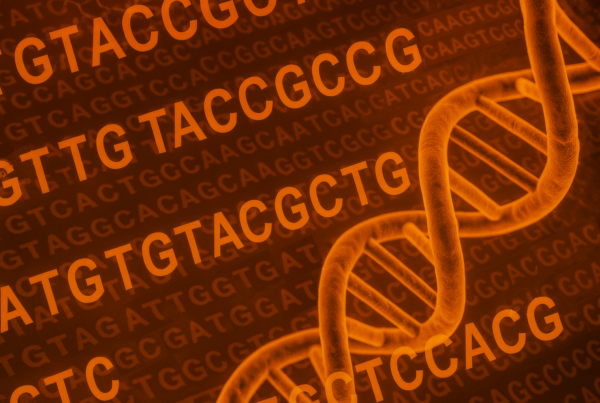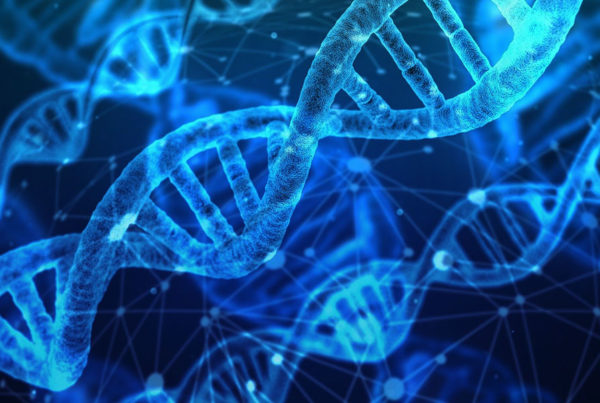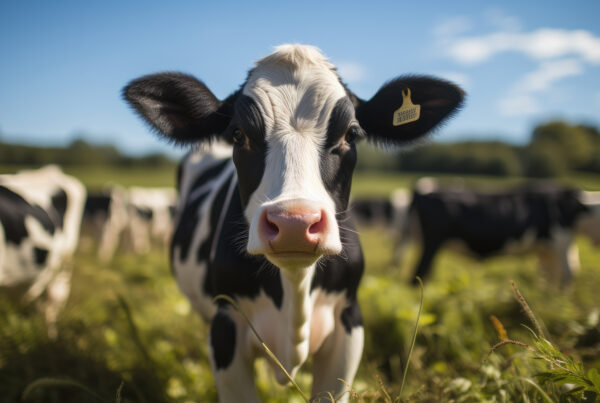What can you learn and discover?
Biology opens the way for you to understand life, make discoveries and contribute to society. Biologists explore improved ways to grow plants (i.e. seeds, grafting, cuttings, budding, hydroponic culture technique and others) and biotechnologists are creating genetically modified organisms (GMOs) with better qualities that can help feed the growing population on the planet.
By studying biology, you can learn about diseases and ways to treat them. It will help you understand how biochemical processes take place in the body, how enzymes work, how fever effects enzyme activity. You will grasp the information about antibiotic resistance and devise ways to countering it.
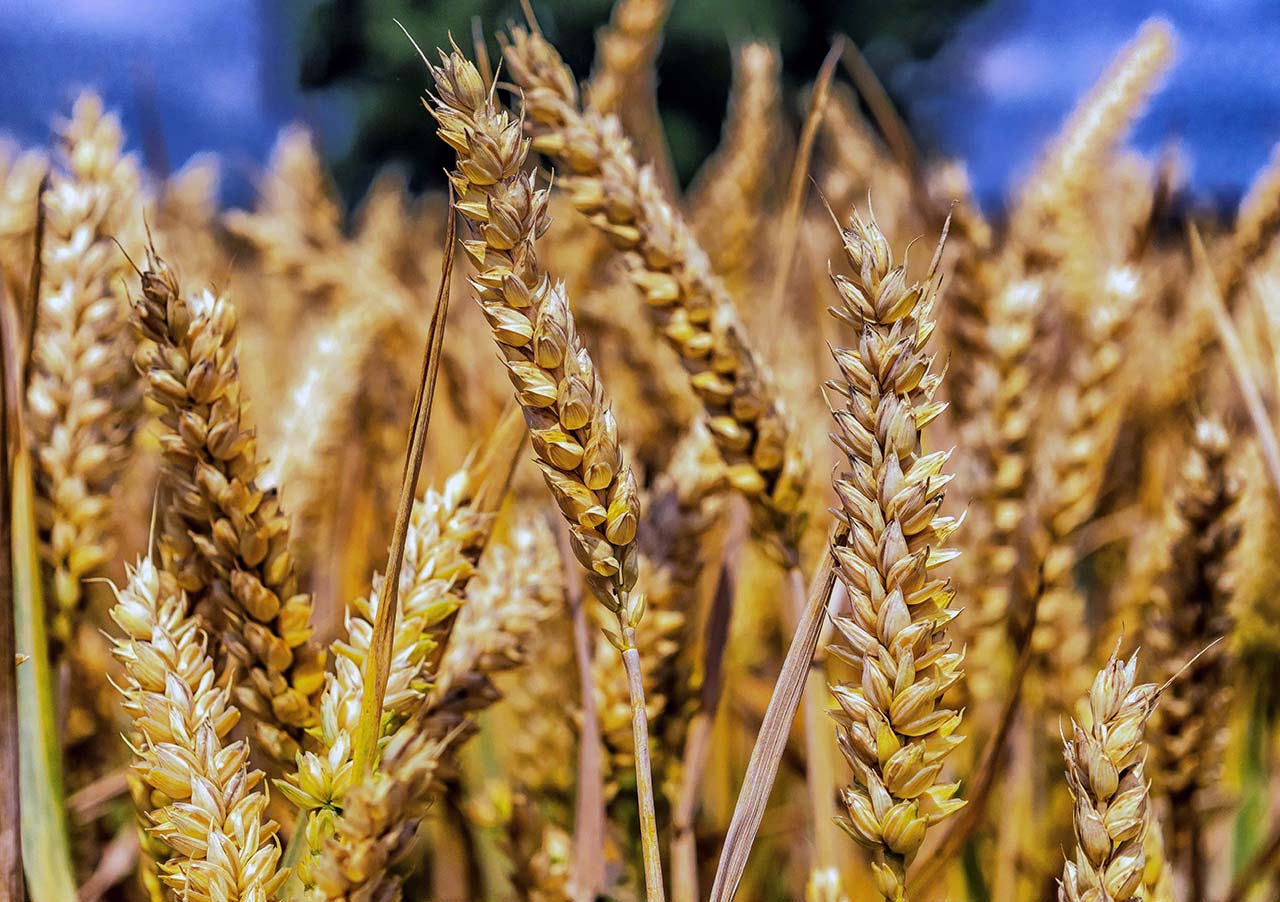
Apart from this, you can explore ecosystems and learn how all the different life forms and species are interconnected and survive in an ecosystem. For instance, imagine a small pond. Here, algae and plants utilise solar energy for growing. These algae and plants are the food resource for small animals like pond snails. The pond snails in turn are consumed by frogs and they are consumed by herons.

If you are more interested in saving life on earth, you can work in environmental conservation that includes the prevention of deforestation, erosion, pollution, species extinction and much more. You can develop alternatives to replace harmful pesticides. For instance, scientists have isolated a gene from the bacterium Bacillus thuringiensis. This gene (Bt) encodes a fatal toxin for herbivorous insects while exerts no harmful effects on humans. Scientists have inserted this Bt gene into plants to produce pest resistant cotton, aubergines and corn (Kumar, Chandra, & Pandey, 2008). You may be the one to discover similar alternatives to pesticides in the future.
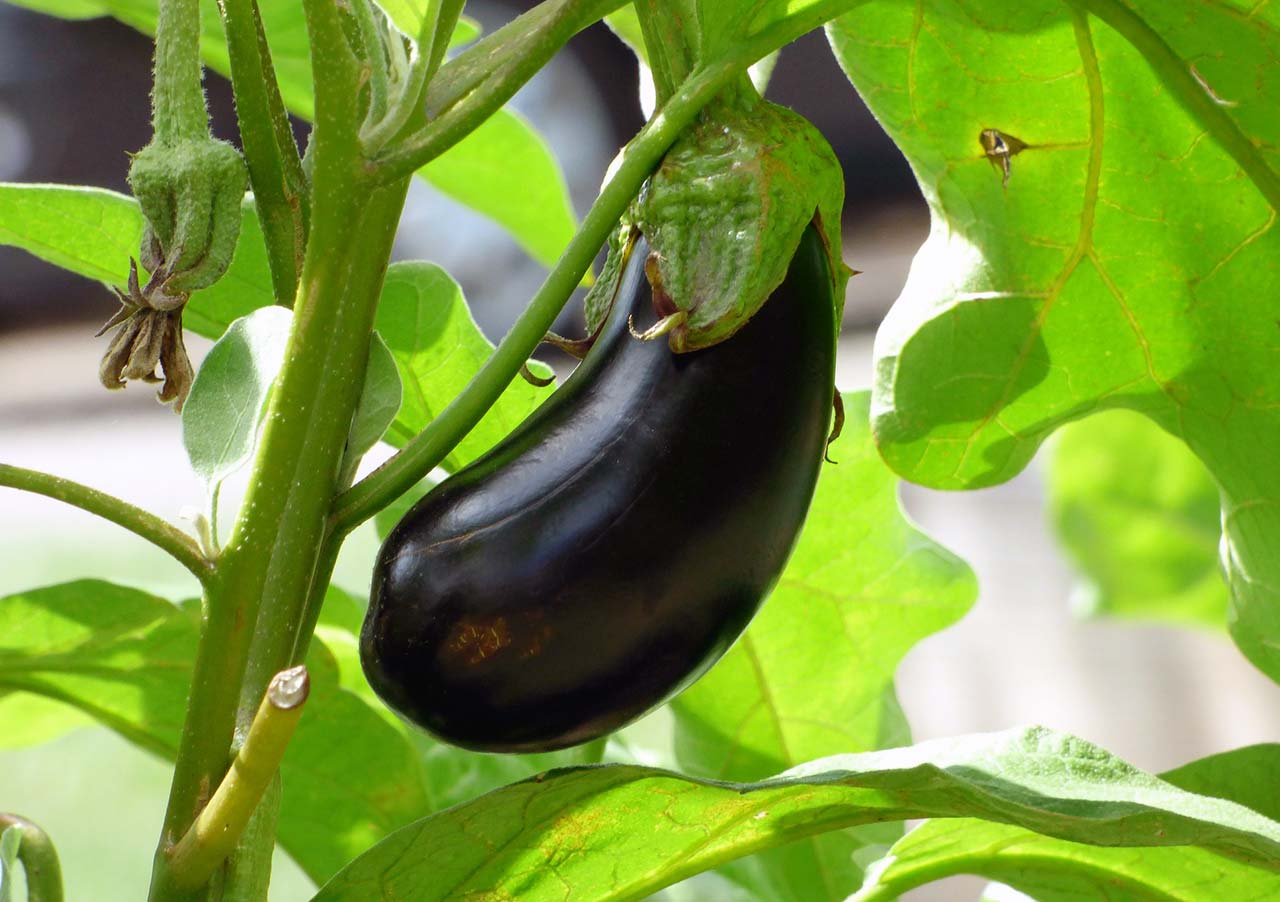
Where you can work?
Biology is a fantastic field; you can choose to perform fieldwork or laboratory work. Fieldwork involves observing and collecting data. The work of Charles Darwin is a key example of fieldwork. He observed the finch population on Galapagos Islands and found that the finch population on different islands had different beak types. These different types of beaks are well adapted to the finch environment and their diet. Charles Darwin lay the foundation for the theory of evolution (Grant & Grant, 1996). If you love to travel, you could get the opportunity to go on numerous field trips.

During lab work, you can culture a plethora of microorganisms and maybe discover a new strain of bacteria. Moreover, you will learn many different techniques and methods for analysis such as chromatography and study why the colour of leaves change in autumn.
You can also isolate your own DNA and observe the tiny fine threads that are called chromosomes and contain your genetic information. You can even look at dividing cells under a microscope. Uncountable opportunities are waiting for you.

If you are interested in life science and computer programs, bioinformatics is the topic to get into. You can design software and algorithms for solving complex biological problems. For instance, you can generate databanks where the sequences and structures of DNA, RNA and proteins are deposited. Researchers around the world access these databanks and use the essential information for their research.
Dr. David Smith, an associate professor who studies genome architecture at the University of Western Ontario, described that once he was at a coffee shop and he saw a young woman playing with colourful strings that represented the nucleotides A, G, C, and T. He assumed that she was a geneticist, but interestingly, it turned out that she was an investment analyst with a weird hobby of playing with genomes. Today, there are hundreds of “hobby geneticists” across the world (Smith, 2012).
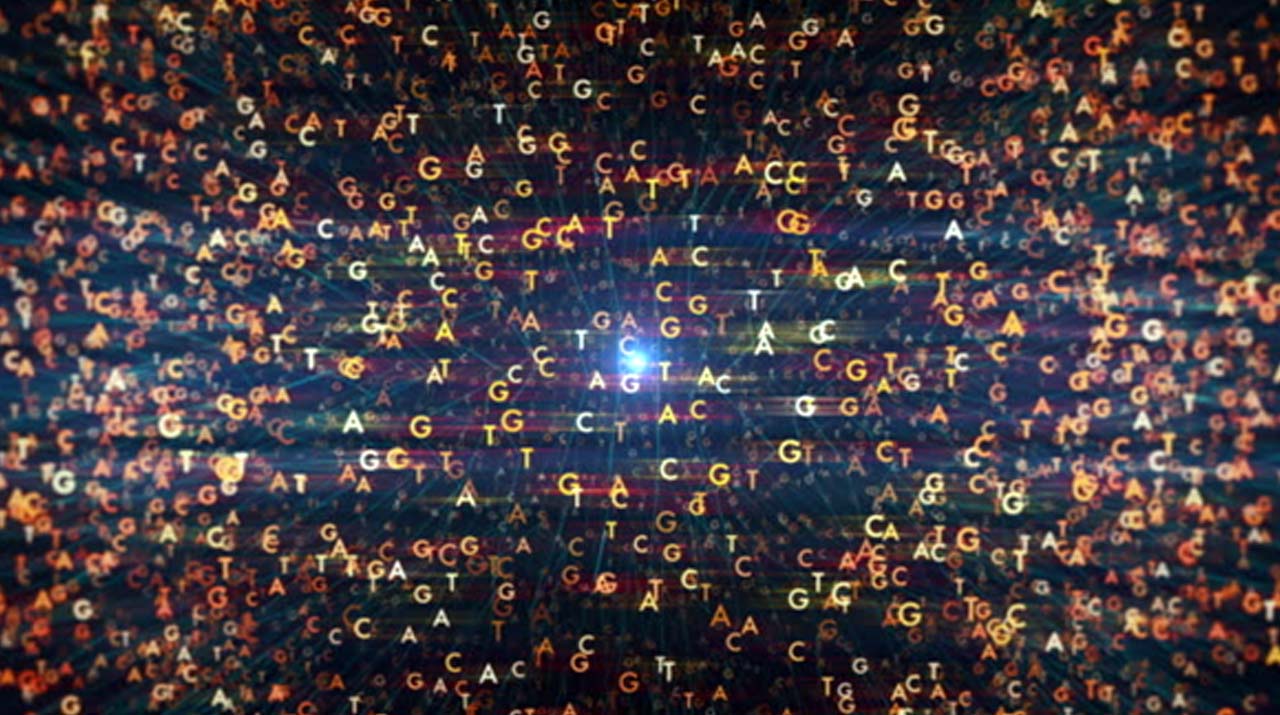
What career paths are possible?
The career paths in biology are very diverse. You can become a healthcare professional or join academia as a teacher or researcher. Moreover, you can opt for other professions such as pharmacologist, microbiologist, biotechnologist, forensic scientist, nature conservation officer or science writer. There is a wide range of options based on your interest.
Why did I choose biology?
My interest in biology was cognitive, but school has played a major role in activating it. I distinctly remember a lecture from my introduction to genetics. I was fascinated by how all cells that have the same set of genetic information can perform such diverse functions. For instance, neurons and myocytes both have the same genetic makeup but distinct morphology and function. A lot of questions spurred in my mind about gene expression. Moreover, solving pedigrees felt like puzzles to me, way more interesting than jigsaw puzzles. The first pedigree I solved was the inheritance of haemophilia, an X chromosome-linked recessive trait in the family of England’s Queen Victoria. These events lead me to recognise my interest in Biology.

I majored in microbiology and molecular genetics. I enjoy working in the lab and got the opportunity to learn various advanced molecular and bioinformatics techniques. Nowadays, I am working on stem cells and regenerative medicine. I have found answers to many of my questions. Learning is a process that continues forever. I love writing about science equally as much as I cherish working in the lab.
If you ever felt motivated in your biology class, this field is for you. The biology major is very tactile and dynamic, and I would highly recommend it.
For the Girls’ Day und Boys’ Day 2021, we are having a raffle!
We want to help girls and boys to discover the world of biological sciences, so they develop the passion and courage to choose this field for their careers.
Participate by filling in the blank in the sentence below and post it on the Eurofins Genomics Facebook or Instagram page with the hashtags #EurofinsGenomics and #DreamBiologist from 20.04.2021 until 23.04.2021. As a thank-you, we raffle off three surprise boxes with exquisite foods worth around 100 € each amongst the participants. The winners are drawn randomly and will be announced on Facebook and Instagram via private message.
“Working in biological sciences is _____________.”
*By participating in the competition, you automatically accept the conditions of participation that you can find here.
By Tamseel Fatima
Did you like this article? Then subscribe to our Newsletter and we will keep you informed about our next blog posts. Subscribe to the Eurofins Genomics Newsletter.



